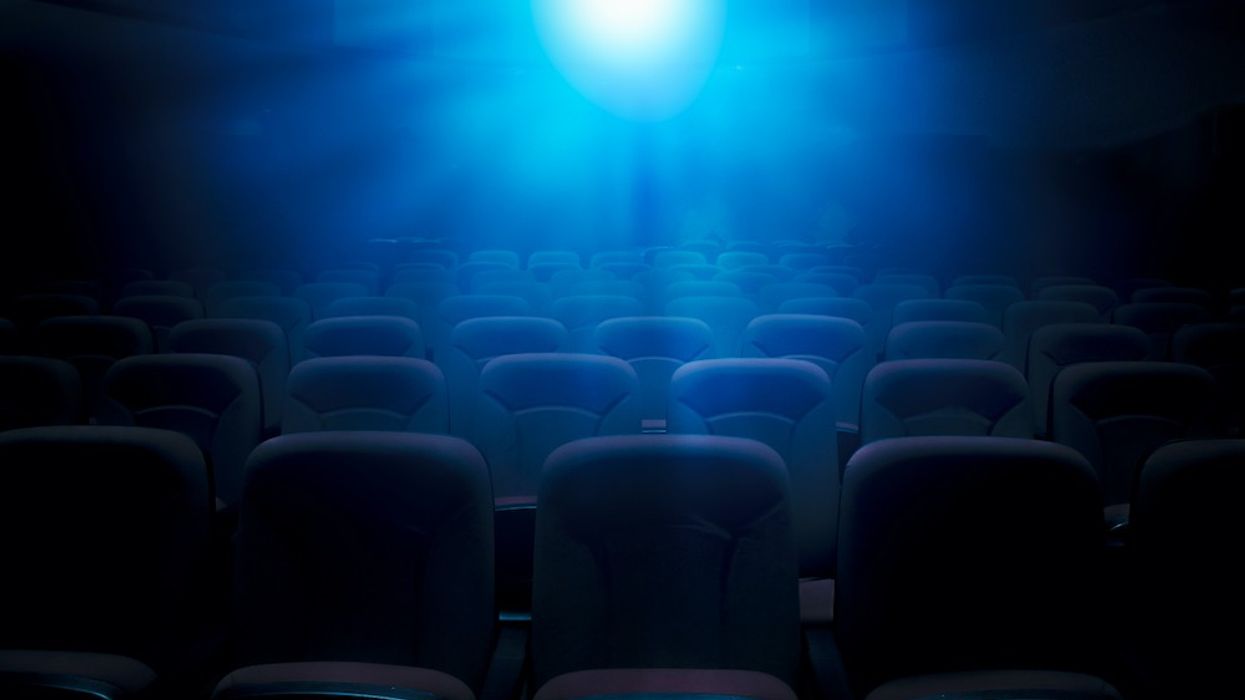Vertical Integration Is Legal Again. What Does This Mean for the Film Industry?
A federal judge addressed the possibility that a major studio will merge with a major theatrical chain.

No, you're not back in your freshman year film studies class, and it's not the 1940s... this is happening right now.
Wait, so what's going on? Well, in short, Paramount Consent Decrees are officially over. On Friday, a New York federal judge granted a motion by the U.S. Department of Justice to terminate the movie industry's long-lasting licensing rules.
What are the Paramount Decrees?
Back in the earlier days of Hollywood, movie studios controlled the making of and distribution of movies. That meant, they could own their own theaters and only show their movies as many times as they wanted.
Studios controlled the production, distribution, and exhibition of the film by the same company, and because of this, they received all of the profit.
This led to a major antitrust lawsuit from the United States government. The resulting decisions were called The Paramount Consent Decrees.
The Paramount Consent Decrees have been in effect since the late 1940s. Because of the U.S. Supreme Court's landmark 1948 decision in United States v. Paramount Pictures, the studios had to divest themselves of their exhibition holdings.
That meant theater owners were no longer subjected to the demands of big studios like Paramount.
A court-approved settlement then established rules governing the licensing relationship between certain studios such as Paramount and Warner Bros. and theater owners.
Those laws have existed ever since.

What's Happening Now?
The Trump Department of Justice said they were coming after the decrees, and now they've done it. We used to have bans on things like block-booking, which was the bundling of multiple films into one theater license. That meant you couldn't force a small theater to take your crappy movie if it only wanted to show your popular one. We also had a ban on circuit dealing, which is the practice of licensing films to all movie theaters under common ownership, as opposed to licensing each film on a theater-by-theater basis. So, you can't have Disney only sell their movies to Regal or AMC.
Well, now all of that is legal...and independent theaters are terrified. How can they stay open if they're forced to use a certain number of screens, or have to make deals with certain studios or miss out on showing their movies?
And what happens when places like Disney, Amazon, Apple, and maybe Universal buy their own theaters? Can they just prevent other people from showing their work and effectively put national chains out of business?
Why allow your stuff to be shown at AMC or even The Vista when you have your own chain to keep open?
U.S. District Court Judge Analisa Torres agrees with the government that times have changed... and so must the rules.
"Given this changing marketplace, the Court finds that it is unlikely that the remaining Defendants would collude to once again limit their film distribution to a select group of theaters in the absence of the Decrees and, finds, therefore, that termination is in the public interest," she writes in a 17-page opinion that goes against the one made 80 years ago.
Torres does accept that certain conduct once deemed illegal may now be acceptable...but theater chains are fighting to stay open nationally, and this feels like a nail in their coffin.
Her opinion states, "The Court finds that changes to antitrust administration, in particular, the HSR Act, provide federal antitrust agencies with notice and the opportunity to evaluate the competitive significance of any major transaction between a movie distributor and a theater circuit, which suggests a low likelihood of potential future violation."
I can't help but see this as a really bad idea that lacks complete foresight. We're going to lose many independent theaters to these changes, and maybe even independent movies which will have no place to be shown.
This, plus the shift to watching things online, is about to damage one of America's first industries.
But, her opinion doesn't seem to take that into account.
"In today’s landscape, although there may be some geographic areas with only a single one-screen theater, most markets have multiple movie theaters with multiple screens simultaneously showing multiple movies from multiple distributors," states the order. "There also are many other movie distribution platforms, like television, the internet and DVDs, that did not exist in the 1930s and 40s. Given these significant changes in the market, there is less danger that a block booking licensing agreement would create a barrier to entry that would foreclose independent movie distributors from sufficient access to the market."
Support a local theater any way you can.
The times are certainly changing...













